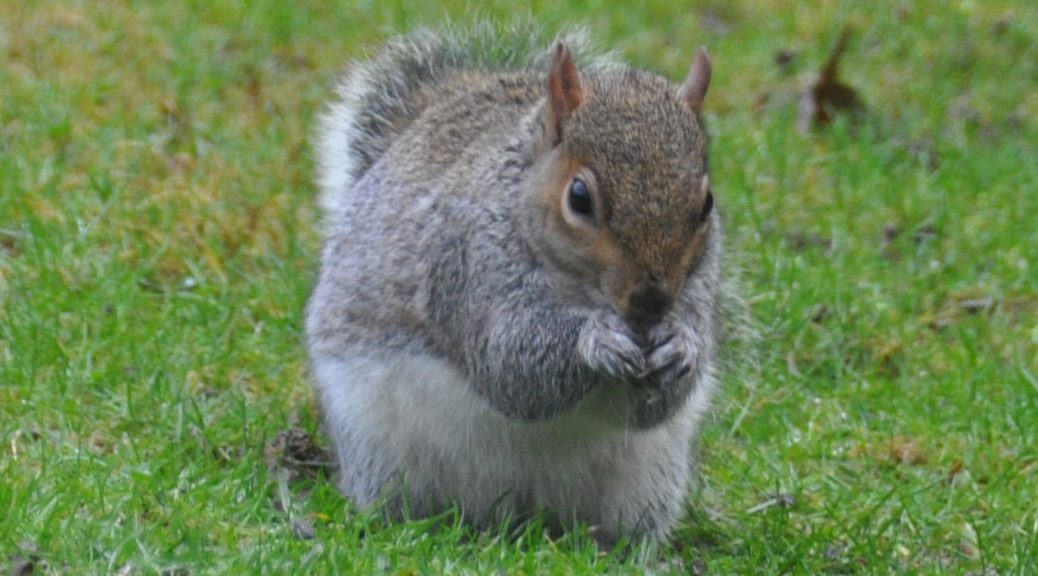The NYTimes has just run an article suggesting the health habits worth picking up in your 20s, to serve you well in later life. It’s so obviously true that youth is wasted on the young, and also that believing themselves immortal, no 20 year old ever cared enough to take this advice, yet I will persevere and run these ideas past my daughters just in case:

Staying healthy in your 20s is strongly associated with a lower risk for heart disease in middle age, according to research from Northwestern University. That study showed that most people who adopted five healthy habits in their 20s – a lean body mass index, moderate alcohol consumption, no smoking, a healthy diet and regular physical activity – stayed healthy well into middle age.
Weigh yourself often – I am conflicted about this one, which probably says more about my own issues with my weight than anything to do with either healthy advice or my children. The advice given is to buy a bathroom scale or use one at the gym and weigh yourself regularly. There is nothing more harmful to long-term health than carrying excess pounds, and weight tends to creep up starting in the 20s. It is pretty easy for most people to get rid of three to five pounds and much harder to get rid of 20. If you keep an eye on your weight you can catch it quickly. At the same time, a later piece of advice is to practice portion control ie. be aware of what you’re eating and max out on the fruit and vegetables whilst moderating sweets. alcohol and processed foods. Maybe I could summarise this as “be aware”.
Learn to cook – My daughters know how to cook, how to follow recipes and how to put together a meal. They’re not experts but they’re on the path to a whole level of enjoyment. The official advice of course was less focus don enjoyment and more on “Learning to cook will save you money and help you to eat healthy. Your focus should be on tasty ways to add variety to your diet and to boost intake of veggies and fruits and other nutrient-rich ingredients”. Hmm. L:et’s add in a bit of advice to stay away from anyone who hasn’t bothered tolerant to cook. If they’re male, it speaks to an upbringing steeped in the patriarchy that no daughter of mine needs to deal with in her life. If they’re female, they’ll expect you to nurture and look after them whilst I see that as something they should do for themselves.






